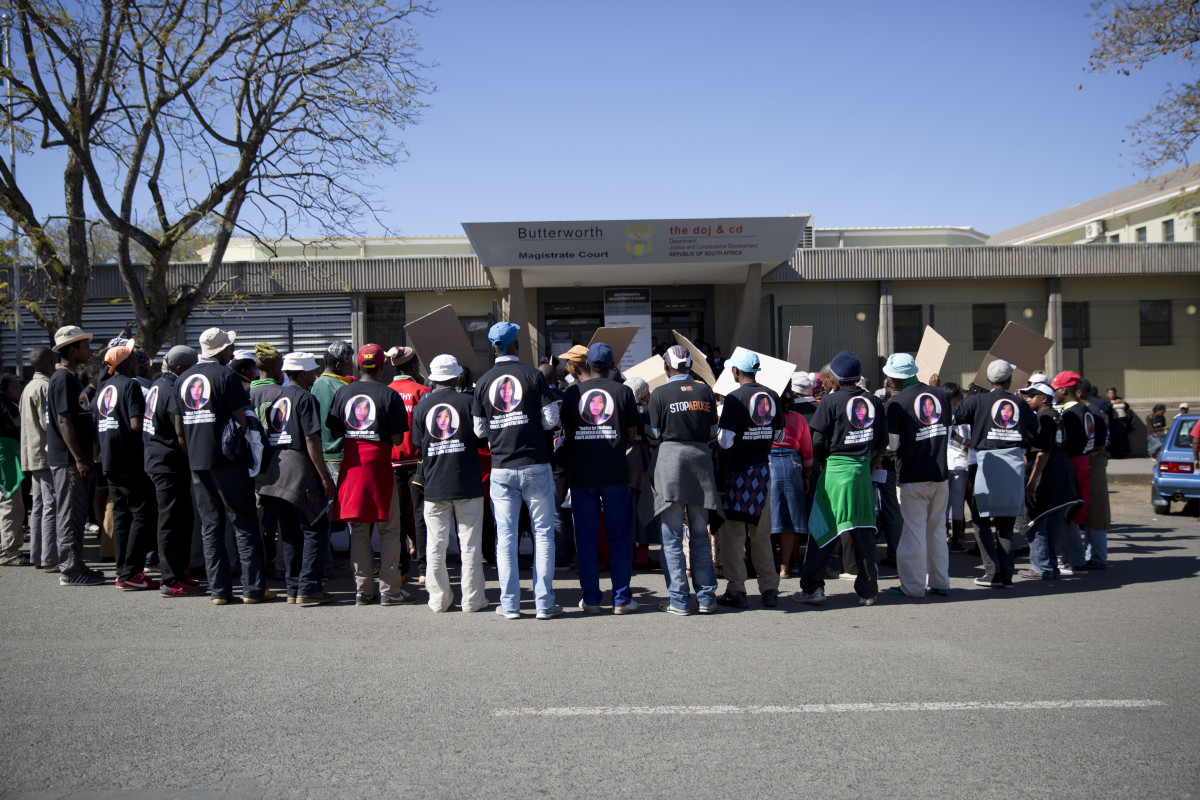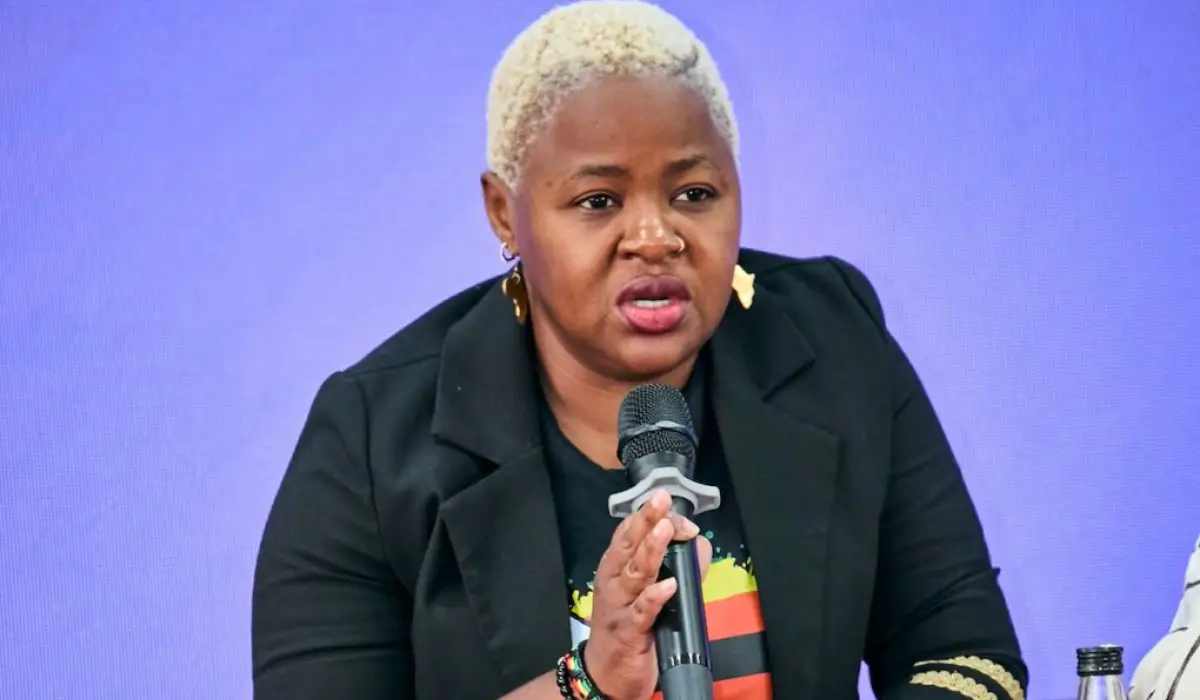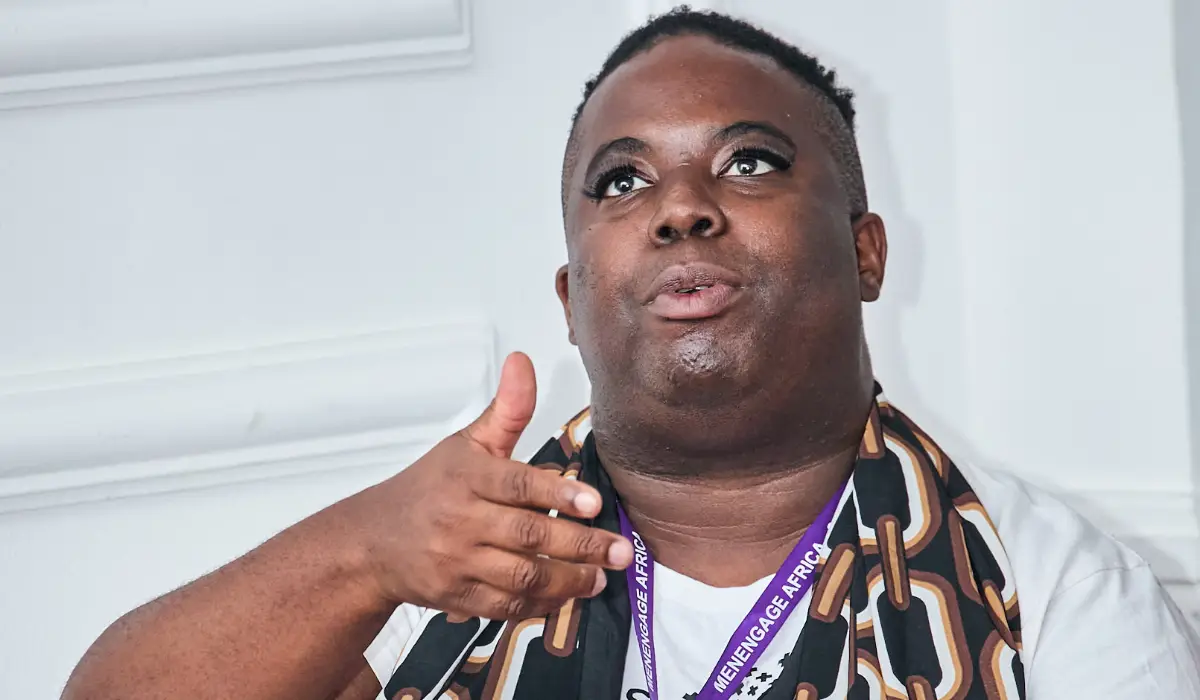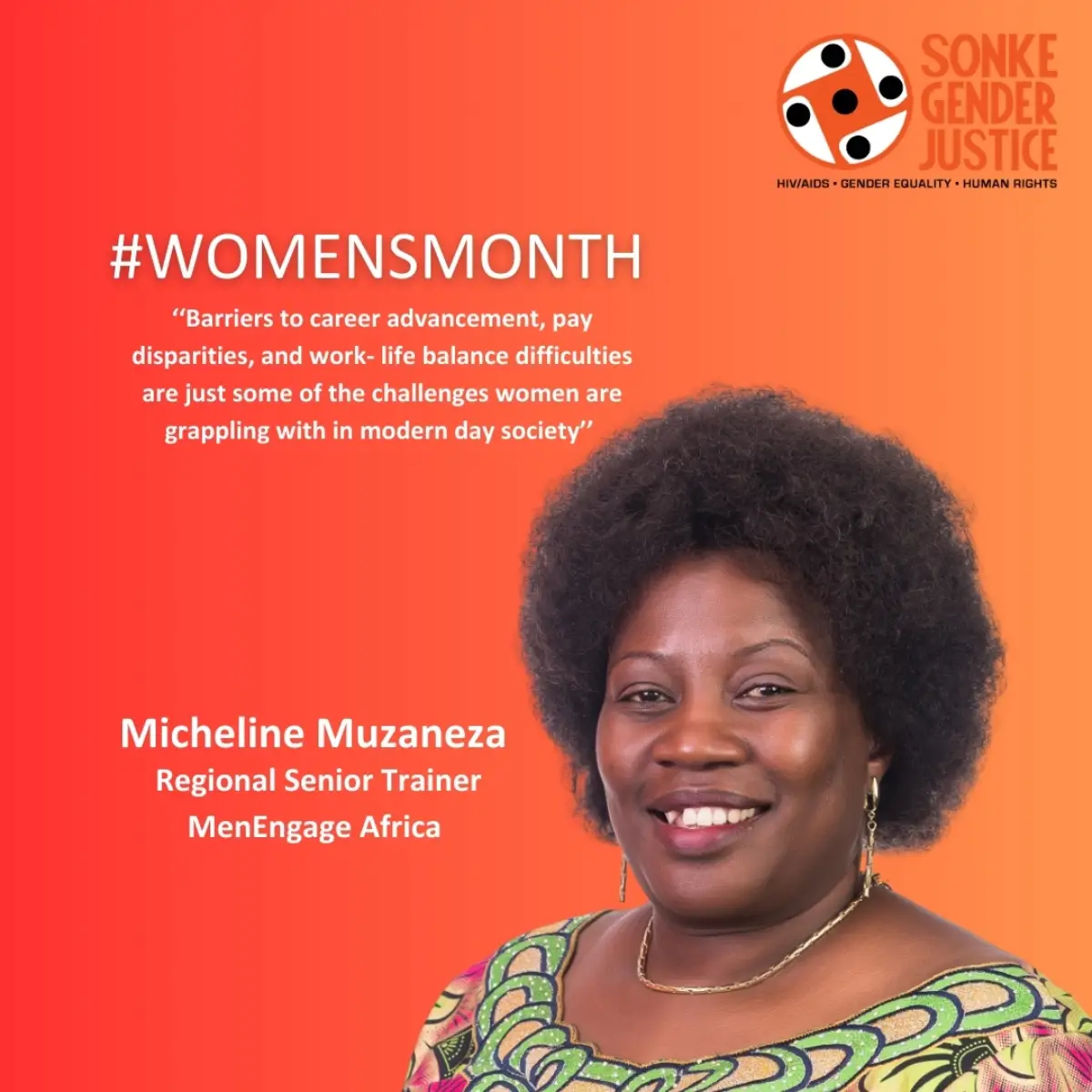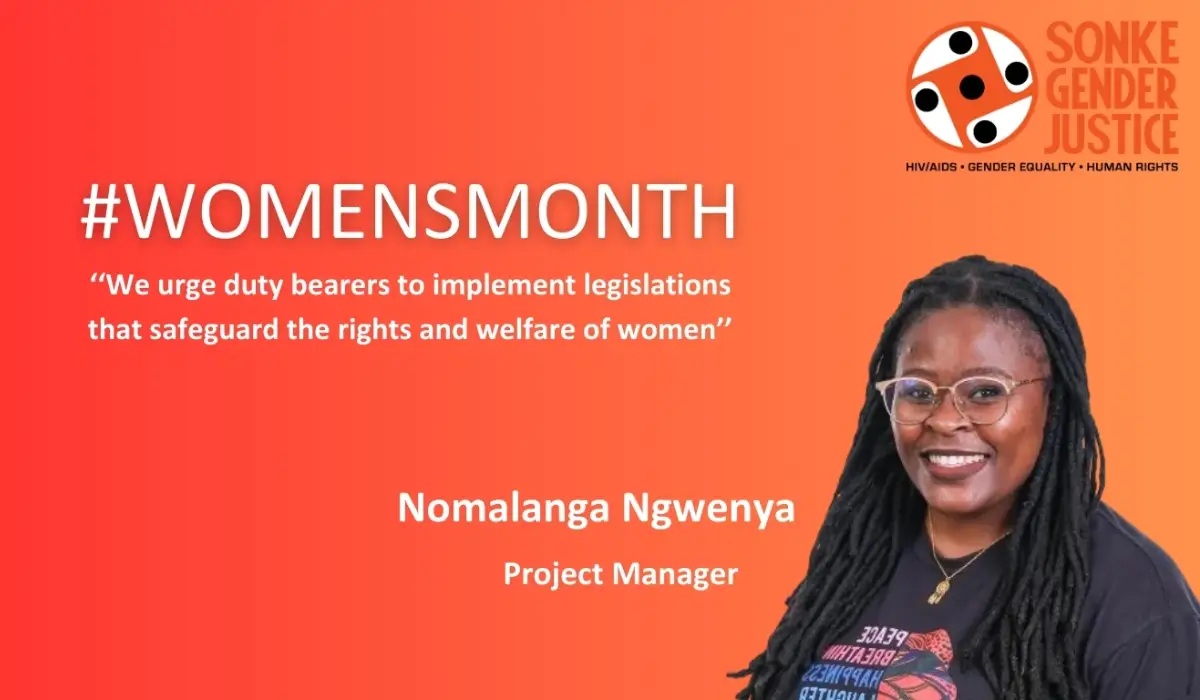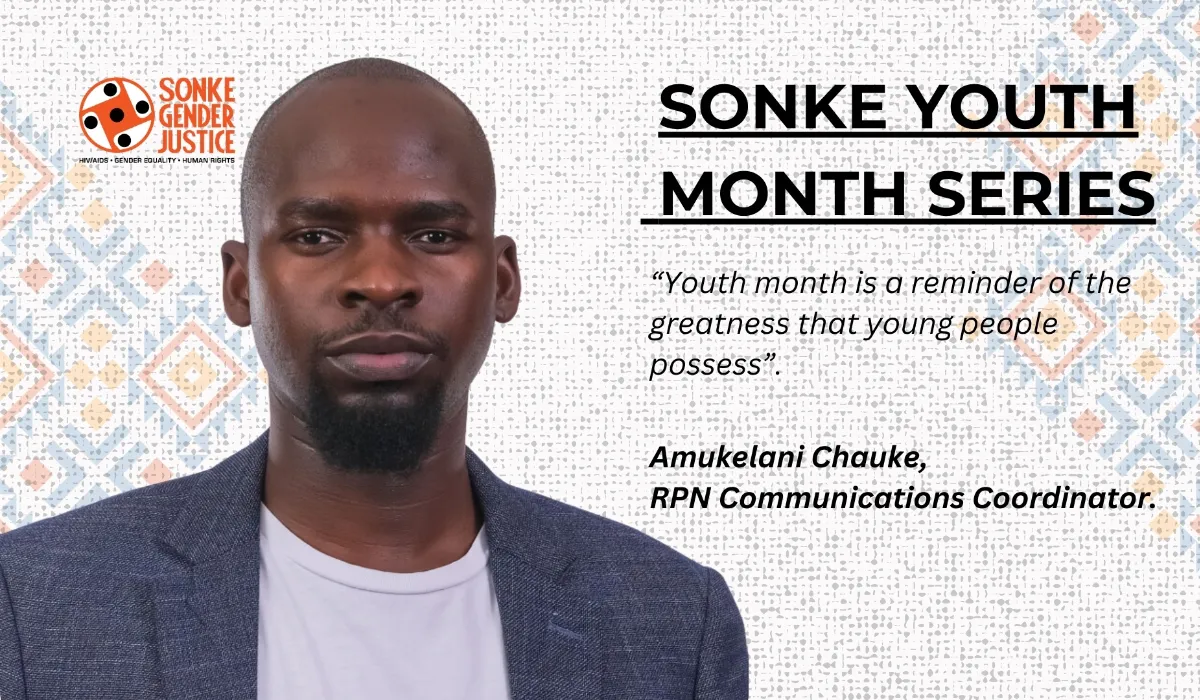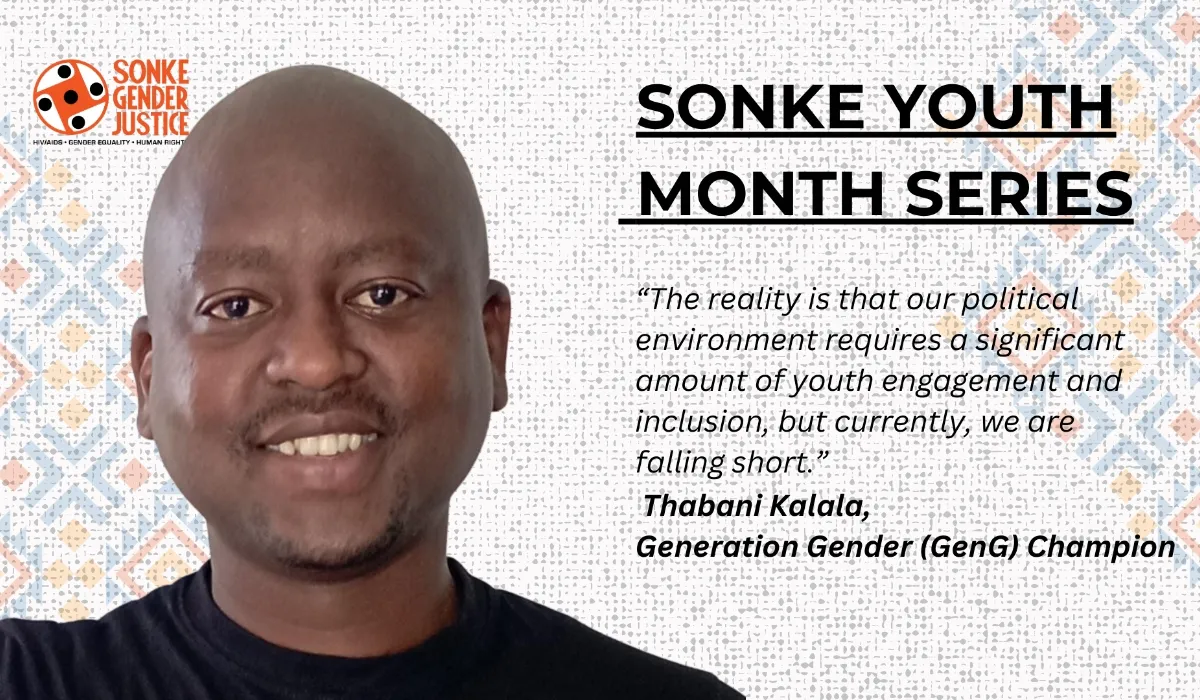Tapiwa Manyati, one of Sonke’s young activists, recently visited London to participate in the Active Participation conference hosted by Amnesty International where he shared his experiences about using digital stories as a mechanism for including the actual voices of survivors of human rights abuses in our work, as a means of informing our intiatives, as a powerful advocacy tool, and as a means for achieving personal empowerment.
I have always wanted to be part of the bigger world, to impart knowledge and learn from others. When I was still in school, my mother used to encourage me to study very hard. She always wanted me and my siblings to obey teachers and elders in the community. I didn’t realise the importance of her words until when one day I asked her what she meant.
“If you lack respect and education in a world of great intellectuals, where ideas and systems have become very intellectual, if you cannot cope with demands of the world and cannot adjust to it, you become nobody”, she said.
My vision still remains: Scaling up human rights activism, identifying and learning new and emerging strategies that can help my personal growth and Sonke’s capacity to continue with gender transformation work through advocacy, and research through active participation.I was thus very excited to be selected to participate in the Active Participation conference hosted by Amnesty International in London, from 4-5 June 2011.
Sixty human rights practitioners and activists from the Global South and the Global North convened to participate in an intensive event that centred on human rights research, advocacy and campaigning. Representing Sonke, I participated in the conference drawing strongly on my experiences with digital storytelling, and learned a great deal from the conference to inform my case study entitled Using Digital Stories as Communication for Social Change Tools in Advocacy, Campaigning and Research Work
Held under the auspices of the Amnesty International Secretariat and with support from the University of York’s Centre for Applied Human Rights, and the Medical Foundation for the Care of Victims of Torture, the conference provided a space for activists to continue discussions on ethics of human rights research, advocacy and campaigning which were started at the Responsibility to the Story conference in 2009. Lucy Harding from York University made reference to Sonke’s Digital Story Telling project and Silence Speaks saying digital stories inspire, educate and move people deeply.
“We make connections between their circumstances and our own and when it comes to confronting complex social issues, these connections can help us bridge the vast differences that often divide us and instead act with wisdom, compassion, and conscience”, she said.
In her presentation, Lucy clearly indicated that digital stories strive to offer an alternative vision, one that emphasises the importance of reflection, hope, and a commitment to action for social change.
Lucy also emphasised that story tellers are experts of their own stories; hence there is need for great sensitivity in obtaining and processing the stories.
Active participation is ingrained in international human rights treaties as a core rights-based concept. However, legal frameworks are not the only reference point; we can look to local context and/or the histories, scholarship and practice of adjacent fields. Examples of ‘active participation’ can be found within transitional justice approaches, both judicial and non-judicial, that states may use to address past human rights violations. For example, the direct involvement of survivors or victims of human rights abuses. Transformative education and developmental approaches are used by organisations like ActionAid, which works on adult literacy and educates adults about their rights.
Active participation can enhance human rights by:
- Ensuring that the work of human rights organisations demonstrates a realisation of human rights principles by giving value and respect to rights-holder voices an knowledge;
- Encouraging discussions around human rights as ingrained in understandings of local context;
- Increasing rights-holders’ sense of ownership over the outcomes of human rights work and encouraging rights-holders to become active agents for social change.
Despite providing exciting opportunities for increased ownership over rights-based outcomes, the conference also posed topical questions. For example, how should one respond if people whose human rights have been, or are at risk of being violated contradict organisational priorities and capacity to safeguarding their rights?
Major conference discussions about dilemmas faced by human rights activists
Survivor Voice
The theme of this discussion, facilitated by Ms Nerina Cevra from Action on Armed Violence, reflected on experiences from activists in the campaigning and funding activities of human rights organisations.
The dilemma addressed was how the voices of survivors can be effectively integrated into campaigning without compromising their dignity and interests. Specifically, the questions of how practitioners ensure that the participation of survivors is active and meaningful; and of how practitioners can serve the purpose of bringing the reality of the horrors of human rights violations to the negotiating table, but without compromising survivors as rights-holders and their dignity and interests in the process.
Survivor voices needs affirmation and support through small to medium scale joint initiatives. For example, establishing community-learning centres that can help strengthen community cohesion through knowledge exchange dialogues. This instils community ownership of programmes at the same time building confidence and trust between survivors and organisations working to safeguard human rights.
Power Dynamics
This session was moderated by Fotis Filippou from Amnesty International, and looked at power dynamics in formally-structured systems of governance, and informally in different situations such as community and family.
Questions raised included, “how can we challenge the effect of unfavourable power dynamics in an attempt to ensure active participation of rights-holders in the design and implementation of human rights research and campaigning, especially when layers of power intersect?” In addition, “how should we interact with gate-keepers who play a role in blocking or enabling access to rights for marginalised groups?”
Time has come for Sonke to intensify its trainings and dialogue sessions with gate-keepers on the discriminatory interpretation of harmful traditional and religious instruments and texts that obstruct development. This approach should clearly emphasise the importance of gate keepers as potential allies starting discussions about the concept of ‘ubuntu’ within leadership roles.
Notably, not all cultures are negative, hence, we need to acknowledge the gains of certain practices that fosters social cohesion but also taking a vibrant stance that there is no culture or religion that supports the abuse of women and children and that it is the way we interpret certain beliefs and practices to safeguard patriarchy at the expense of women and children. This helps in creating harmonious relations starting at the home.
Internal Organisational Governance
This discussion was led by Ms Gulalai Ismail from Aware Girls, and helped participants to explore challenges of balancing organisational needs and the primary needs of affected people. For example, in organisational planning, are people other than organisational employees really engaged in setting organisational priorities? Gender parity within decision-making processes stood out as key at all levels of decision-making processes according to domestic and international protocols.
In particular, work around policy, advocacy and research should be an ongoing process in assisting the organisation to spearhead initiatives that seeks to move forward gender transformation work across Africa. It is also crucial to engage policy makers, who have a compelling mandate to develop, implement and evaluate policy approaches to working with men and boys for the promotion of gender equality and reproductive health.
The Human Rights Education and Empowerment
The Human Rights Education and Empowerment discussion looked at whether active participation can lead to empowerment, and if so, in what circumstances. This discussion, facilitated through the lens of Human Rights Education by Ms Aminatou Sar from Africa Human Rights Education, Sierra Leone, highlighted that it is often assumed that human rights education cannot be efficiently delivered at community level if beneficiaries and key actors are not participating effectively. The focus of human rights education is usually on otherwise marginalised groups – women, children and minority groups.
For organisations like Sonke, it is important to ensure that meaningful participation is happening in communities where illiteracy is very high. This empowers the target communities to understand better their human rights problems and be able to act to solve them.
Two difficult challenges were highlighted, firstly the problem of meaningful participation which can be especially difficult to achieve when the target beneficiaries are illiterate and/or not accustomed to being asked for their point of view, even on issues affecting them. Secondly, when power holders in communities are not accustomed to having their views and decisions questioned.
Active participation has not been absent from human rights work but its use has not been well recorded, and it has not yet been a subject of significant academic or professional exploration and critique. Most scholarship and practice around participation has been generated within the field of development. With an increased number of human rights organisations working on economic, social and cultural rights, the crossover between the traditional spheres of development and human rights work has increased the interest, use and evaluation of participatory methods across human rights work more broadly.
It is increasingly vital for organisations like Sonke to start engaging in initiatives and strategies that seek to continue strengthening the importance of participatory decision making processes in their work across Africa and beyond.

